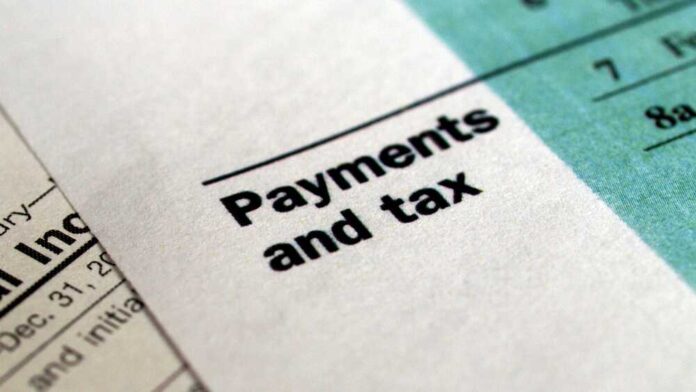
On Monday, the Internal Revenue Service (IRS) declared its decision to significantly curtail the number of unannounced inspections of homes and businesses. The move comes in response to safety concerns for IRS personnel and the potential risk of scammers impersonating agency officials.
The IRS confirms that this change marks a significant departure from the traditional approach followed by IRS revenue officers, who were previously responsible for visiting households and businesses to aid taxpayers in resolving their account balances by collecting unpaid taxes and unfiled tax returns.
Moving forward, these inspections will be limited to exceptional circumstances, like asset seizures or when delivering summonses and subpoenas.
IRS STOPS SURPRISE VISITS
Agents with the Internal Revenue Service will no longer make surprise visits to households and businesses in attempts to recoup lost tax revenue.
Historically, officers would just show up to people’s residences and places of business with a median tax… pic.twitter.com/Op94lP0cNU
— Dr Danish (@operationdanish) July 25, 2023
The IRS clarified that such situations are relatively infrequent, usually amounting to less than a few hundred cases each year. This figure is significantly smaller when compared to the tens of thousands of unannounced visits that used to be the norm under the previous policy.
IRS Commissioner Danny Werfel said, “These visits created extra anxiety for taxpayers already wary of potential scam artists. At the same time, the uncertainty around what IRS employees faced when visiting these homes created stress for them as well. This is the right thing to do and the right time to end it.”
He explained, “Sometimes scam artists appear at the door posing as IRS agents, creating confusion for not just the taxpayers living there but local law enforcement.”
“We have the tools we need to successfully collect revenue without adding stress with unannounced visits. The only losers with this change in policy are scammers posing as the IRS,” said Werfel.
Going forward, certain taxpayers will receive letters by mail, offering them the chance to meet with an officer in person.
Before engaging in door-to-door visits, the IRS typically sends multiple letters, and their officials carry two forms of official identification: IRS-issued credentials and an HSPD-12 card provided to all federal government employees.
Both identification cards display serial numbers and photographs of the individual.
Werfel commented, “We are taking a fresh look at how the IRS operates to better serve taxpayers and the nation, and making this change is a common-sense step.”
































